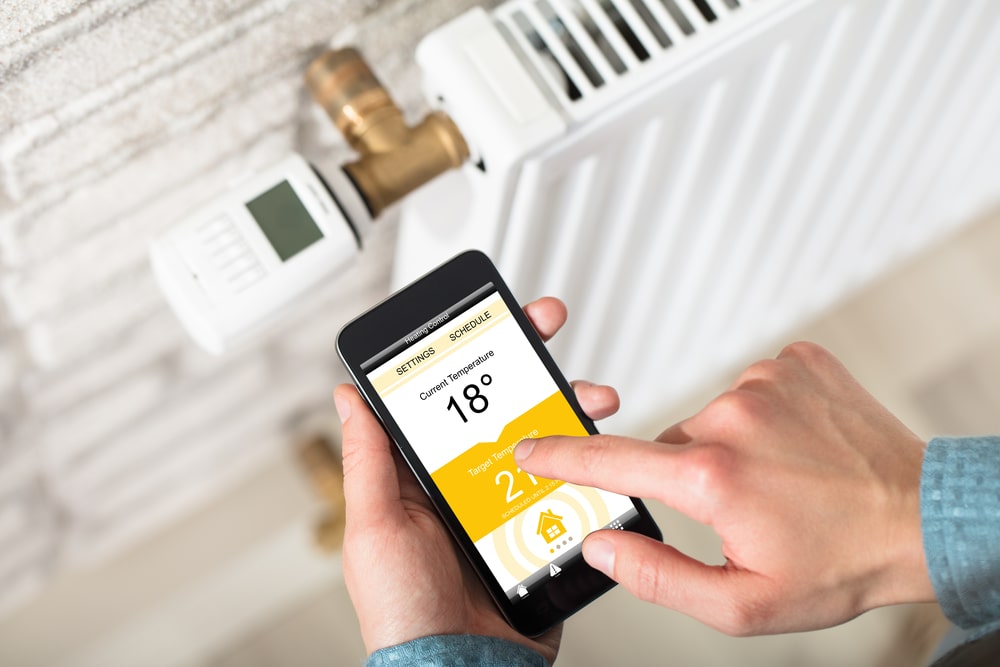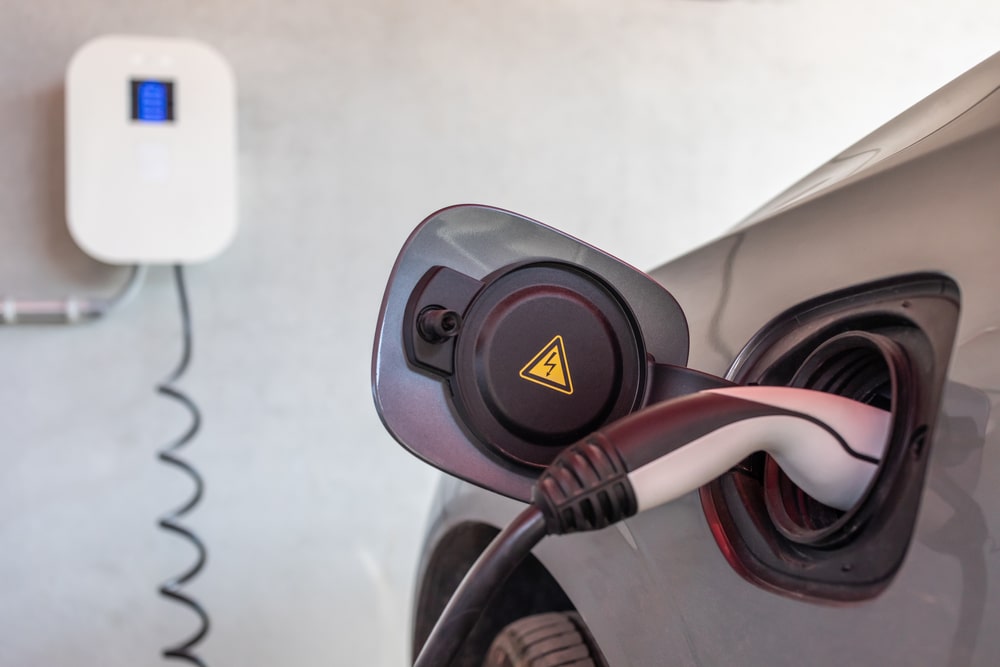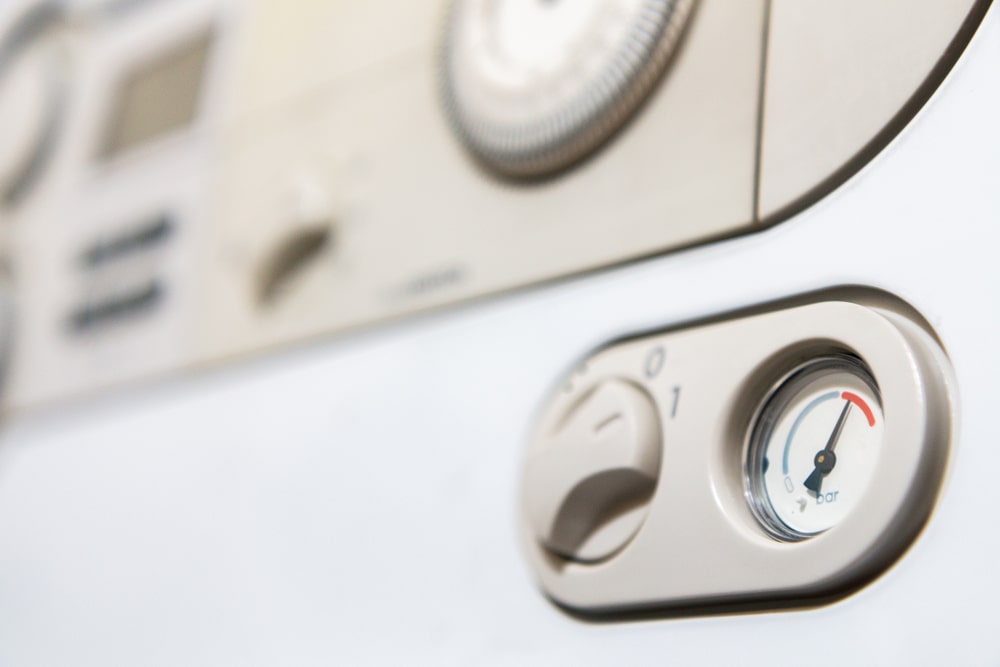
One of the best modern trends in central heating and plumbing is the ability to control the heating and temperature of your home through your smartphone.
This helps remove the necessity of interacting with complicated boiler controls and interfaces and gives you more freedom on how and when to heat your home.
But how can you control your heating from your phone, how easy is it to set up, and what are the benefits of doing so? Read on to find out!
How Can I Control my Boiler With my Phone?
While you may have heard about it, you may still be wondering exactly how to control your boiler from your phone, and you may also be happy to hear just how simple it really is.
There are several companies and apps that offer heating control from your phone, but they all tackle it in similar ways. Most of the time, smartphone heating controls require a compatible ‘smart thermostat’ that links with your boiler and connects it to the internet.
Then, using the corresponding app or website on your smartphone or tablet, you can remotely access your heating controls and adjust them accordingly. This means that you can start to warm your home before you arrive in winter or turn your heating off from work if you forgot to in the morning!
Many of these smart controls will even allow you to remotely determine the temperature of individual rooms by installing smart thermostatic radiator valves around your home, allowing you to carefully control the temperature in each room from anywhere.
Do I Need a Modern Boiler to Control my Heating with my Phone?
We often get questions regarding the compatibility of certain boilers with smartphone controls. Most modern boilers of all makes, including Worcester, Ideal, Viessmann, Glow-worm, and more, should be compatible with at least one type of smart thermostat.
Some boiler companies have their own technology that is specifically designed to work with their boilers while others can integrate with several different types of hardware.
We can help you identify the right smart thermostat for your home layout, personal needs, and boiler specifications, while also being on hand to install and set it up on your behalf.
It’s worth remembering that many significantly older boilers may not have any kind of smart thermostat compatibility, though if your boiler system can be controlled using a thermostat or interactive programmer, you will most likely have some options!
If you do not have a boiler that is eligible for smart thermostat usage, consider upgrading to a more modern boiler! Boilers have a lifespan of about 15 years, and upgrading could help save you money on your monthly bills and new boilers are better for the environment.
What are the Benefits of Controlling Your Heating From Your Phone?
There are several significant benefits of controlling your central heating from your mobile phone, both when you’re already at home or when you’re out and about.
For one, smart thermostatic radiator valves allow you to directly control the temperature in each room of your home independently from one another. They do this by installing individual smart radiator thermostats in each room that will read the room temperature and open/close when required.
This gives you the ability to lower the heating in rooms that aren’t being used and boost it in those that are, helping to increase fuel efficiency and directly saving you money.
Additionally, you can turn your heating on and off at home while you are at work or out and about, which is especially useful if you forgot when you left in the morning or want to heat up your home in anticipation of your return.
Any changes you make to your heating settings will be processed immediately, and the temperature of your rooms will change over time at a normal rate, depending on the efficiency of your central heating system.
If you notice that the changes you are making on your phone are not corresponding to changes in temperature in your home, you may need to thoroughly powerflush your system.
How Butco can Install Your Remote Heating Control
Not sure where to start with mobile phone heating controls? Butco are here to help. We can work with you to choose the right system for your boiler and home, install it, and get it working in no time, giving you full control over home heating.
Get in touch with our team today to discuss the possibilities for your home! Call the office on 0333 0366 1121 or email info@butco.com to find out more.









